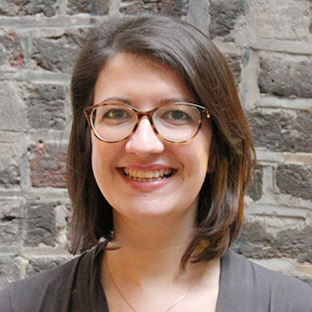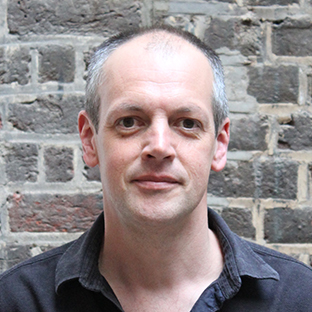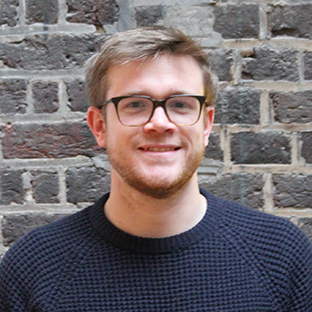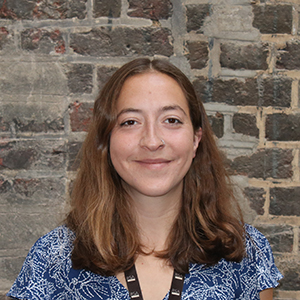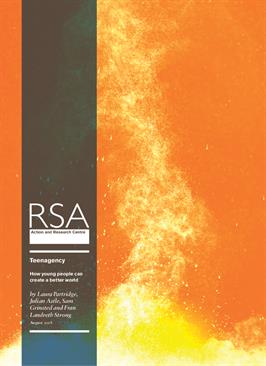In this research we have sought to understand more about the motivation and perceived ability of young people to make a difference in their communities and how creative they see themselves as being. The opinions of young people were also compared with those of older people.
Our key findings are:
-
Young people’s participation in social action significantly outweighs adult perception: 68% of young people have participated in volunteering or other forms of social action, but just 5% of adults think that young people today are very likely to do social action.
-
Some demographic groups are more likely to participate in social action than others: young women are somewhat more likely to volunteer (74%) than young men (61%), and 73% of young people who identify as religious have taken part in social action compared with 65% of young people who do not consider themselves religious.
-
Young people today have a strong desire to help others but many do not feel like they can make a difference: 84% of young people want to help others but only 52% believe that they can make a positive difference in their communities. Some young people believe that their age and inexperience are limiting, but report building confidence in their ability to make a difference through participation.
-
Creative young people feel more confident that they can make a difference in their communities: 61% of young people who describe themselves as a creative person believe that they can make a positive difference in their community, compared with 34% of young people who do not consider themselves creative.
-
We need to prioritise encouraging young people who do not see themselves as creative to take part in social action: creative young people are also less likely to need the encouragement of others to participate in social action than non-creative peers, and they are more likely to get involved because they spotted an opportunity or were moved by something that happened to someone they know.
-
Young people from less affluent backgrounds especially need the encouragement of schools to participate: young people with parents who do not work full time or who are from social grades C2DE are less likely to be encouraged by their parents to take part in social action, therefore the encouragement of school becomes particularly important if they are to gain the benefits of taking part in social action.
-
We need to provide more opportunities for young people to shape social action activities: young people welcome the opportunity to shape the social action they participate in, but currently, less than a quarter of young people have the chance to select the problem they want to solve. Social action that young people shape offers opportunities for personal development that are particularly important to young people from low socio-economic backgrounds who may not get these chances in other parts of their lives.
Read the report Teenagency: how young people can create a better world (1.2MB)
pdf 1.2 MB
Contributors
